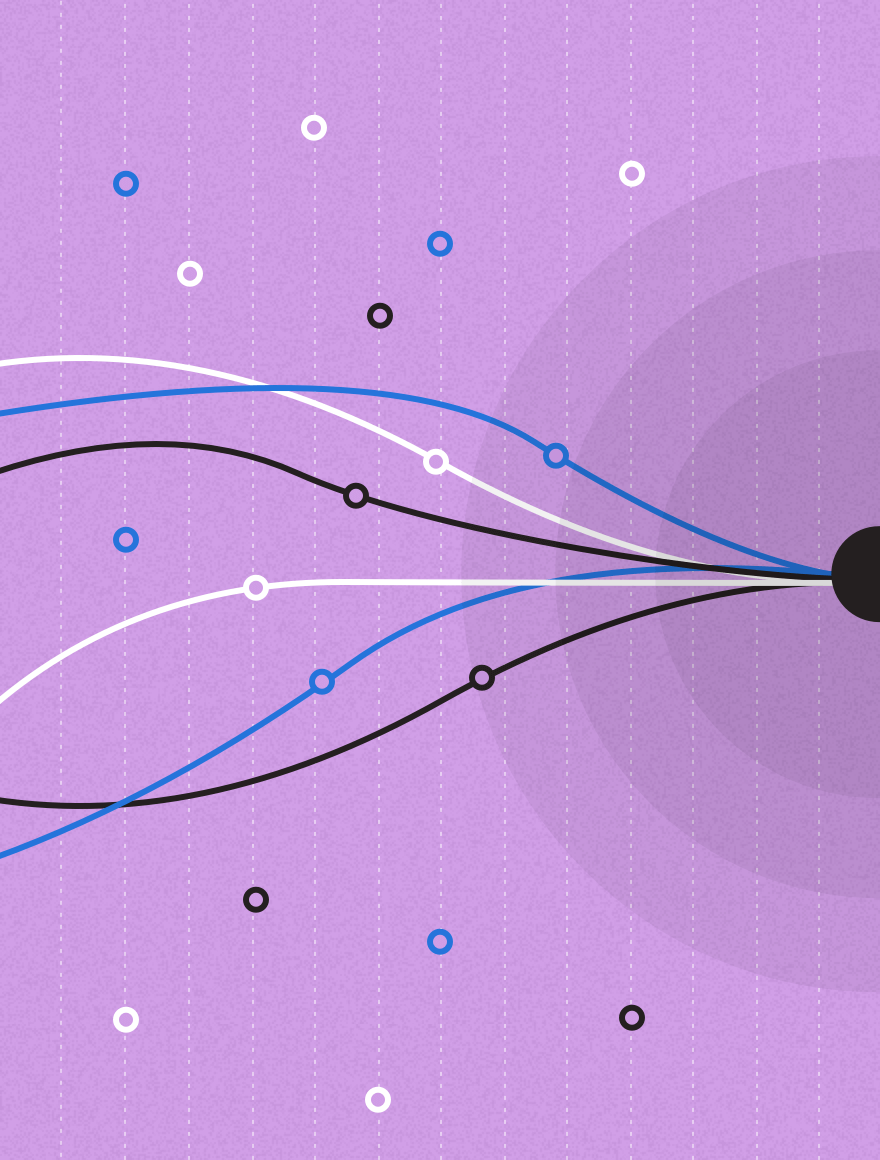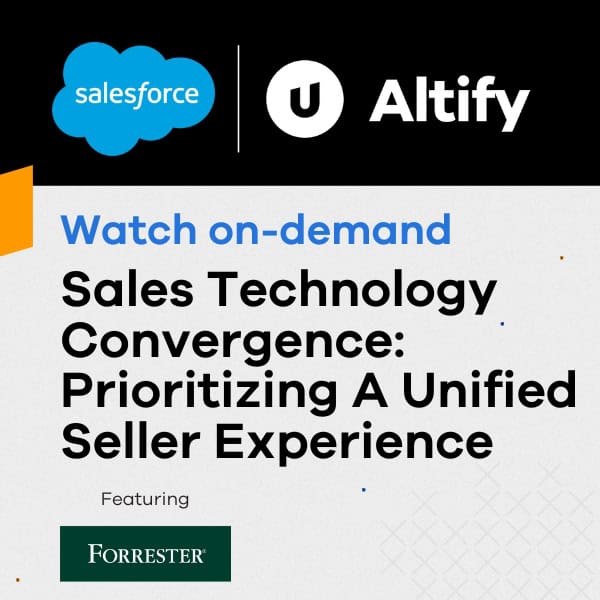I’m just back from a glorious vacation in western Portugal, just outside Lisbon. From first glance, Portugal is an alluring ménage of both old and new, the former hewn from years of tradition, and the latter a function of its recent tourism focus. Since Portugal was a pioneer in Asia five centuries ago, you expect churches and historic stone structures on practically every corner, and though not as rich a fabric as you’d find in Paris or Rome, Provence or Tuscany, neither is the area disappointing. Lisbon, at the heart of the region is complemented wonderfully by nearby esoteric towns such as Sintra and Obidos. More startling is the gloss of a capital that has been nicely spruced up, for its coming out party as European City of Culture in 1994, then the World Expo in 1998.
All was wonderful. But even while immersed in the experience of pleasant pedestrian walks and art-filled plazas, and charming old towns of narrow, twisting alleys and endless cafes and churches, we couldn’t quite escape the reality of the global economy. Through all the wonder, you couldn’t help but notice that tourism traffic was down, hotels occupancy was light, and some of the flurry and buzz you’d expect to encounter in southern Europe at this time of the year was missing.
The joy of a vacation (or the happy-meter as my five year old calls it) is always affected by the people you meet, and this year we met a wonderful family from the UK. As coincidence would have it, Jack, the father of the family, is the UK sales director for one of our US-based customers, an enterprise software company. As we shared some wonderful red wine and port we also got to sharing current market experiences, and in some cases horror-stories. We had many Fortune 500 customers in common. Unfortunately, we had both done a lot of business with Nortel, that onetime Canadian stalwart – now just short of disappearing. Many of our stories, experiences, and lessons-learned overlapped – but one longtime truth emerged once again as the truism of business health and continuity.
You’ve got to look after your customers.
We spoke about the well worn cliche of ‘true partnership with your customer’, and got to discussing what that means in these times. Jack’s contribution to these meanderings were, I’m sure, more erudite and valuable than mine – but some of the erudition and insight was lost a little in the fog of too much red wine and not a little port. It was vacation after all! I will try to right that here, and Jack if you’re reading this, please correct my errant wanderings or amplify points that I’ve not described sufficiently.
These are uncommon times, and you should consider uncommon acts. First, as always, you need to consider things from the customer’s perspective. After all that’s really the only perspective that matters.
- Without exception, companies are looking to reduce costs.
- Anxiety is high, retarding motivation to act, or make purchasing decisions.
- Trust between you and your customer (See previous post) is a supremely valuable currency.
- Investments – if they’re made at all – need to be really targeted at supporting a business initiative core to the customer’s current business drivers.
- Your unique value proposition, must be uniquely valuable in the context of the customer’s current initiative.
If all of these points are true, then your offer to your current customer should reflect the value you place on their continued business, a recognition of the challenges they are facing, and an understanding of what makes a difference to them right now. You need to make their decisions easier – which probably means you need to design for smaller budgets, and that almost inevitably means you have to carve out that piece of your offering that provides the biggest return on investment you can provide for the smallest possible customer investment. Your job, at this time, is to maximize the value you can provide to your current customers to help them overcome their current challenges, while accepting that – for now at least – this means that your average deal value will decline. That approach demonstrates to the customer that you are really acting in partnership with them, that you want to support them in these times, and that you want them to stay with you, as together you navigate these choppy waters.
The current unsettled economic environment is creating more and more skittish customers. Those who have been previously content with their normal purchasing activities are now giving everything a second look. Many of your regular customers may now fall into one of these three categories:
- those that will look for less costly options when doing business with you,
- those who will start looking for less costly suppliers, and
- those that will just stop buying all together.
At this particular time your main focus should be on keeping the customers you already have.
For an example of how this might work I’d like to describe what we have done.
At The TAS Group, we are fortunate to have a large base of customers (approaching 1m sales people) who have used the TAS methodology. Since we launched our Dealmaker platform in 2006, many of those customers have opted to adopt our Sales Performance Automation software solution to help them increase their sales. In that software product we automate the usage of TAS, but we also provide a breadth of sales process, sales forecasting and pipeline analysis capability.
As we looked at the challenges our customers are currently facing, I challenged our team to come up with a valuable offering that could provide real and immediate value at a cost to our current TAS customers of no more $1 per day. Earlier this month we launched Dealmaker TAS Edition for those million sales people who had learned TAS before, and who by using the Dealmaker platform could automate their usage, and make a real impact on their sales success today. Dealmaker TAS Edition is a stripped down version of our complete offering – but would, we believe, make a real impact for our customers. Then, when ready, they could upgrade to the complete product offering when they were ready.
Of course, as soon I had returned from Portugal, based on the conversations I’d had with Jack, I was really keen to understand how Dealmaker TAS Edition was being received.
So far, the response from our customers has been very positive. They appreciate our flexibility and recognition of their challenges. They acknowledge that we have made their decisions easier to make, and they view this approach as an investment by The TAS Group in the continued partnership that will provide sustained mutual benefit.
So, I’m pleased and excited about that. That’s not to say I wouldn’t be happier wandering through Estoril today, but it’s definitely eased the re-entry.


